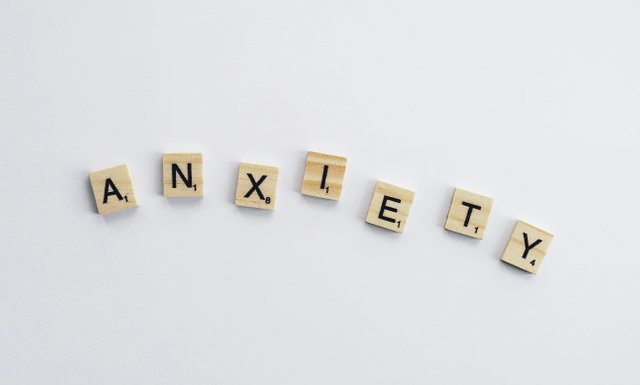Anxiety: What It Really Feels Like
Anxiety. We’ve all felt it at one time or another—whether it’s those pre-presentation jitters or the butterflies before a big event. But for many, anxiety doesn’t just come and go. It sticks around, lingering in the background, affecting everything from daily decisions to relationships. If you’ve ever wondered what anxiety truly is, how it manifests, and what you can do about it, let’s dive in.
What Exactly is Anxiety?

Anxiety is more than just occasional nerves. It’s that persistent worry that seems to hang over you, making it hard to focus, relax, or enjoy life. While anxiety in small doses is a natural response to stress or danger, for some, it becomes overwhelming. It can evolve into a constant companion, showing up in ways that make even simple tasks feel daunting.
There are different types of anxiety disorders, such as Generalized Anxiety Disorder (GAD), social anxiety, and panic disorder. But no matter how it presents itself, anxiety can be paralyzing.
How Does Anxiety Show Up?
Anxiety doesn’t just live in your head—it can take over your entire body. Here’s what it might look or feel like:

Racing thoughts: Your mind just won’t quit, jumping from one worry to the next.
Physical symptoms: Heart pounding, sweaty palms, tightness in your chest, or even feeling dizzy.
Restlessness: It’s like you can’t sit still, constantly feeling on edge.
Sleep troubles: Tossing and turning because your mind refuses to shut off.
Irritability: You’re more on edge, snappy, or just not yourself.
Sound familiar? Anxiety has a way of showing up when you least expect it, disrupting both your mental and physical well-being.
What Causes Anxiety?
There’s no one-size-fits-all cause for anxiety, but here are some common triggers:
Family history: If anxiety runs in your family, you might be more likely to experience it yourself.
Stressful life events: A breakup, financial struggles, moving to a new city—big changes can stir up anxiety.
Chronic health issues: Dealing with a long-term illness or condition can create ongoing worry.
Trauma: Past trauma, whether from childhood or more recent experiences, often leads to anxiety later on.
Sometimes, anxiety seems to show up without any clear reason, making it feel even more frustrating.
So, What Can You Do About It?
The great news? Anxiety can be managed. While it might feel overwhelming, there are effective ways to keep it in check:
Therapy: Cognitive-behavioral therapy (CBT) is a proven method that helps you challenge and change anxious thought patterns.
Breathing exercises: Deep, slow breaths can bring you back to the present moment when anxiety starts spiraling.

Exercise: Moving your body—whether through a jog, yoga, or even a walk—releases endorphins that help calm the mind.
Lifestyle tweaks: Limit caffeine (which can ramp up anxiety), eat balanced meals, and make sure you’re getting enough sleep.
Mindfulness: Practices like meditation or journaling can help quiet those racing thoughts and ground you.
Remember
Anxiety is real, and it’s tough. But you don’t have to face it alone or let it control your life. Whether you choose therapy, lifestyle changes, or other techniques, remember that there’s no shame in asking for help. Anxiety doesn’t define you—it’s just one part of your story. And with the right support, you can take control.
If this post resonated with you, I’d love to hear your thoughts! Drop a comment about how anxiety has affected you or what topic you'd like to see next.
Written by nikeulos